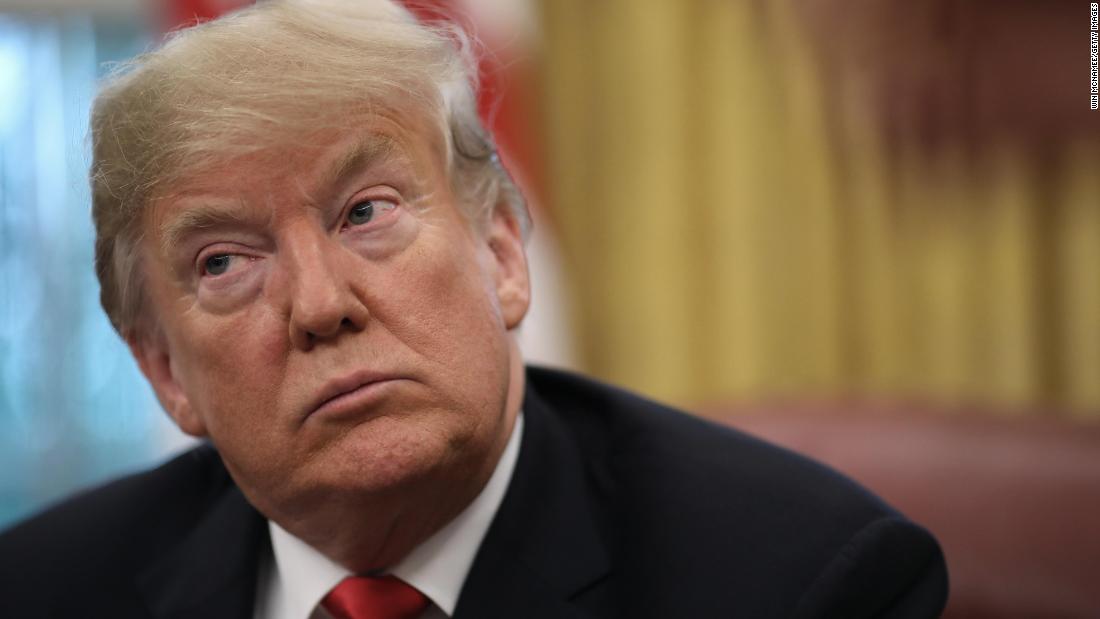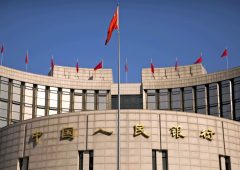Trump’s Tariff Threat Could Push Canada to Rethink Its Economic Future
03.12.2024 21:00 1 min. read Kosta Gushterov
Donald Trump's recent dinner with Canadian Prime Minister Justin Trudeau at Mar-a-Lago sparked controversy when Trump suggested that Canada should consider becoming the 51st U.S. state if it couldn’t handle its economy under a looming 25% tariff threat.
With 75% of Canada’s exports relying on the U.S., this proposal could severely impact Canada’s economy, potentially slashing its GDP by 2.4% and eliminating up to 1.5 million jobs.
Trump’s tariffs, aimed at addressing trade imbalances and border issues, could harm both Canadian industries and U.S. consumers, with rising prices for goods like timber and steel. Trudeau and other Canadian officials argue the tariffs would backfire, leading to disruptions in supply chains and price hikes in the U.S.
Trump further provoked Trudeau by suggesting the Canadian leader could remain prime minister but also become a U.S. governor if Canada joined the U.S. Despite this, Trudeau reaffirmed Canada’s sovereignty, though Canadian officials are quietly considering the potential consequences of continued trade tensions.
The impact of these tariffs could also reach the global economy, potentially slowing GDP growth by 0.5%. As Canada explores new trade partnerships, the shift away from U.S. dependence will take years to develop.
-
1
Billionaire Slams Meme Stock Hype and Sounds Alarm on U.S. Fiscal Health
15.06.2025 18:00 2 min. read -
2
Robert Kiyosaki Predicts 2025 “Super-Crash,” Urges Hoarding Gold, Silver, and Bitcoin
23.06.2025 13:31 2 min. read -
3
Nassim Taleb Says Global Trust Is Shifting from the Dollar to Gold
22.06.2025 17:00 1 min. read -
4
Billionaire Investor Sees Dollar Crash If Key Support Breaks
18.06.2025 15:00 1 min. read -
5
Geopolitical Shockwaves Hit Ethereum Hard While Bitcoin Stays Resilient
22.06.2025 16:21 1 min. read
Robert Kiyosaki Predicts When The Price of Silver Will Explode
Robert Kiyosaki, author of Rich Dad Poor Dad, has issued a bold prediction on silver, calling it the “best asymmetric buy” currently available.
U.S. PCE Inflation Rises for First Time Since February, Fed Rate Cut Likely Delayed
Fresh data on Personal Consumption Expenditures (PCE) — the Federal Reserve’s preferred inflation gauge — shows inflation ticked higher in May, potentially delaying the long-awaited Fed rate cut into September or later.
Trump Targets Powell as Fed Holds Rates: Who Could Replace Him?
Federal Reserve Chair Jerome Powell is once again under fire, this time facing renewed criticism from Donald Trump over the Fed’s decision to hold interest rates steady in June.
U.S. National Debt Surge Could Trigger a Major Crisis, Says Ray Dalio
Billionaire investor Ray Dalio has sounded the alarm over America’s soaring national debt, warning of a looming economic crisis if no action is taken.
-
1
Billionaire Slams Meme Stock Hype and Sounds Alarm on U.S. Fiscal Health
15.06.2025 18:00 2 min. read -
2
Robert Kiyosaki Predicts 2025 “Super-Crash,” Urges Hoarding Gold, Silver, and Bitcoin
23.06.2025 13:31 2 min. read -
3
Nassim Taleb Says Global Trust Is Shifting from the Dollar to Gold
22.06.2025 17:00 1 min. read -
4
Billionaire Investor Sees Dollar Crash If Key Support Breaks
18.06.2025 15:00 1 min. read -
5
Geopolitical Shockwaves Hit Ethereum Hard While Bitcoin Stays Resilient
22.06.2025 16:21 1 min. read


